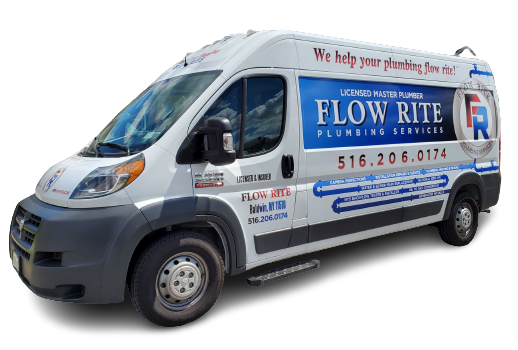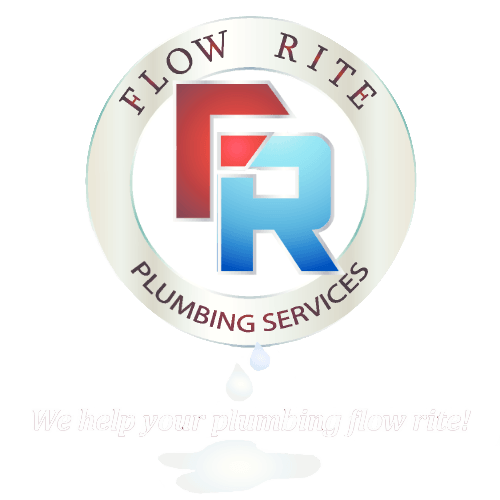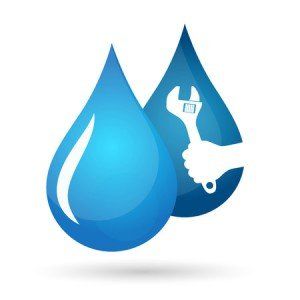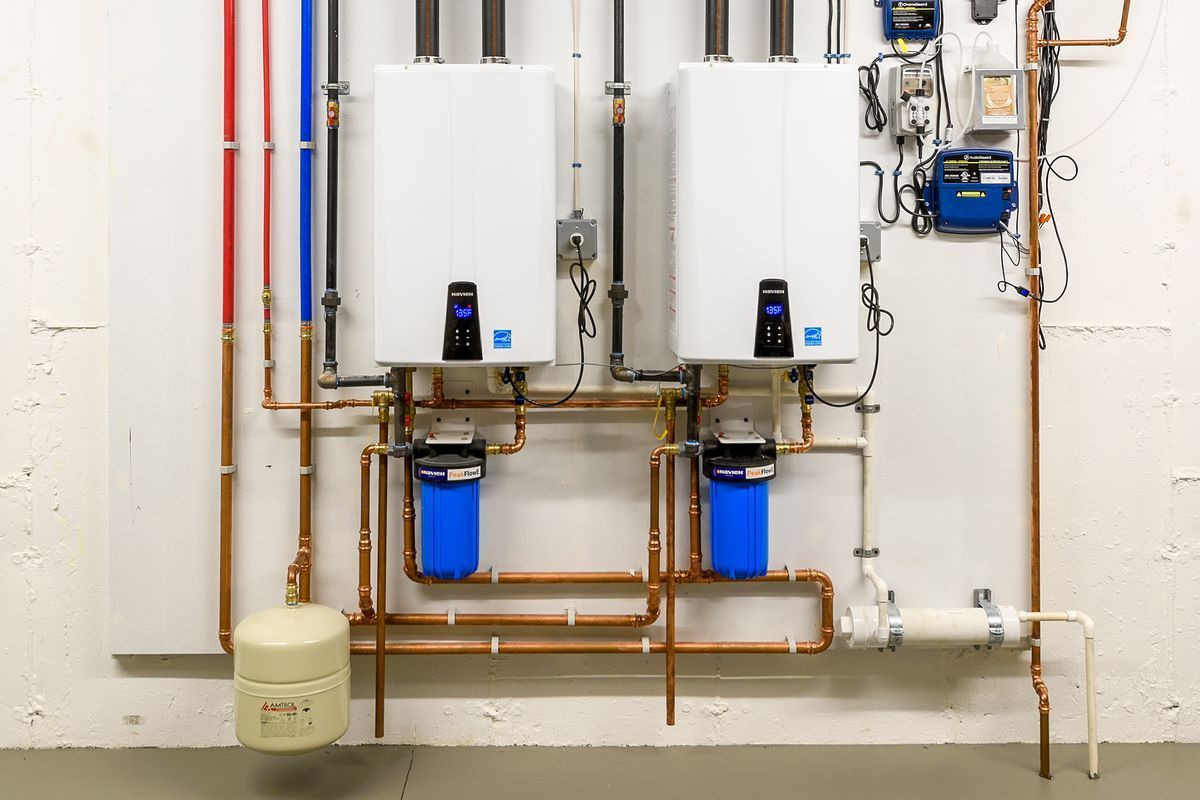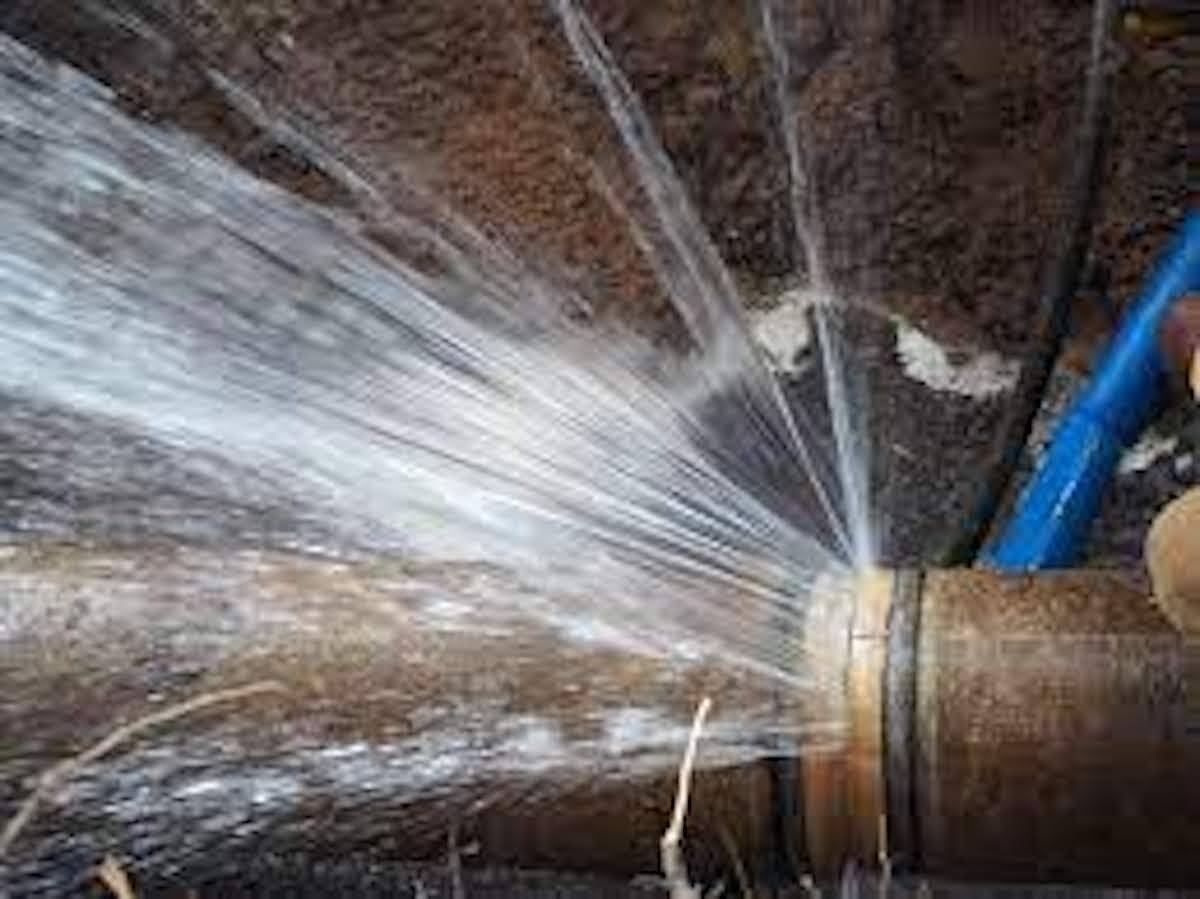Backflow Testing
Backflow testing as well as Backflow Prevention and Repair. Residential and Commercial Backflow Testing on Long Island from Nassau County's favorite Master Plumber. Flow Rite Plumbing is your Backflow testing Plumber on Long Island in Nassau and Suffolk.
Prevent contamination, and get your backflow tested.
Home / Plumbing Services / Backflow Testing
What is backflow testing?
Flow Rite Plumbing, your best option for backflow testing as all our licensed master plumbers are certified backflow testers offering comprehensive Backflow services.
Backflow testing is a process that involves assessing and evaluating the functionality of backflow prevention devices installed in plumbing systems. Backflow refers to the undesirable reversal of water flow, where non-potable water or contaminants flow back into the main water supply, posing health risks. Backflow testing aims to ensure that backflow prevention devices are operating correctly and effectively in preventing such incidents.
During the testing process, a certified backflow tester typically inspects the backflow prevention device, conducts various measurements and pressure tests, and verifies its compliance with relevant regulations and standards. This thorough evaluation helps identify any issues, malfunctions, or potential cross-connections that may compromise the integrity of the plumbing system and water supply.
Regular backflow testing is crucial to maintain the safety and purity of the water supply, protecting both public health and the environment. It is often required by local authorities, building codes, and water utility companies to ensure the proper functioning of backflow prevention devices and compliance with regulations.
Backflow testing requirements and regulations.
Backflow testing requirements and regulations vary depending on your local authorities. These requirements are put in place to ensure the safety of the public water supply and prevent the potential contamination of drinking water. Here are some backflow testing requirements and regulations that may be enforced:
- Mandatory Testing: In many areas it is mandatory for certain types of properties to undergo regular backflow testing. This typically includes commercial, industrial, and institutional buildings, as well as multi-unit residential complexes. The frequency of backflow testing may vary, but it is often required annually or every few years.
- Backflow Certification and Licensing: Backflow testing must be conducted by certified and licensed backflow testers who have received specialized training in backflow prevention and testing. These testers possess the knowledge and skills required to perform accurate and reliable testing.
- Approved Backflow Testers: Some local authorities maintain a list of approved testers or certified backflow prevention assembly testers. Property owners are usually required to hire testers from this approved list to ensure the credibility and competence of the testing service.
- Backflow Prevention Device Standards: Backflow prevention devices installed in plumbing systems must meet specific standards and be approved by the local authority. These standards ensure that the devices are capable of effectively preventing backflow and protecting the water supply.
- Testing Procedures: Backflow testing must follow established procedures and guidelines. This includes using calibrated testing equipment, conducting various tests such as differential pressure testing and flow testing, and documenting the results accurately.
- Compliance Reporting: After the testing is completed, a report detailing the test results and the condition of the backflow prevention devices may need to be submitted to the local authority. This allows the authorities to track compliance and ensure that all necessary measures are taken to maintain the safety of the water supply.
- Enforcement and Penalties: Non-compliance with backflow testing requirements and regulations may result in penalties, fines, or even water service disconnection. It is crucial for property owners to adhere to the testing requirements to avoid legal consequences and protect public health.
Need backflow testing, a backflow system repaired or installed? Contact Flow Rite Plumbing Services today, we are your certified backflow experts. Call (516) 206-0174 or Schedule an Appointment
Plumbing Services
Backflow Testing FAQs
How often should backflow testing be performed?
The frequency of backflow testing depends on several factors, including local regulations, the type of property, and the specific backflow prevention devices installed. Here are some general guidelines regarding the frequency of backflow testing:
- Annual Testing: In many jurisdictions, annual backflow testing is required for certain types of properties. This typically includes commercial, industrial, and institutional buildings, as well as multi-unit residential complexes. Annual testing helps ensure that backflow prevention devices are functioning properly and maintaining the integrity of the water supply.
- Biennial or Triennial Testing: In some cases, backflow testing may be required every two or three years instead of annually. This is often applicable to properties with lower risks or smaller-scale plumbing systems. It is important to check with the local authority or regulatory agency to determine the specific testing frequency for your property.
- Seasonal or Periodic Testing: Certain properties, particularly those with higher risks or specific industry requirements, may need more frequent testing. For example, properties involved in food processing, medical facilities, or chemical manufacturing may require seasonal or periodic testing to address the unique risks associated with their operations.
- Change in Occupancy or System Modification: Whenever there is a change in property ownership, occupancy, or significant modifications to the plumbing system, backflow testing should be performed. This helps ensure that the existing backflow prevention devices are still appropriate for the updated conditions and are functioning correctly.
What is a backflow preventer?
A backflow preventer is a means or mechanism to prevent backflow. The basic means of preventing backflow is an air gap, which either eliminates a cross-connection or provides a barrier to backflow. The basic mechanism for preventing backflow is a mechanical backflow preventer, which provides a physical barrier to backflow. The principal types of mechanical backflow preventers are the reduced-pressure principle assembly, the pressure vacuum breaker assembly, and the double check valve assembly. A secondary type of mechanical backflow preventer is the residential dual check valve.
What happens if my backflow prevention device does not pass the test?
Since they are so crucial to protecting public health, backflow prevention devices are tested carefully to make sure they are in perfect working condition. There are a large number of codes that buildings are required to adhere to. These codes vary and can be confusing to the average building owner, so it is of the utmost importance that a qualified professional is hired to ensure that your equipment is functioning properly. If your device does not pass the test, the certified backflow plumbers from Flow Rite Plumbing Services have the know-how to service your backflow prevention device at a moment's notice.
Do All Plumbers Do Backflow Testing?
Not all plumbers offer this service because it requires a special certification. That’s why you should never rely on maintenance personnel or hire a handyman to install the device. Always hire a licensed plumber who is approved by the city to install and test backflow prevention devices. Backflow prevention is very important for homes and businesses. It keeps families, employees, and customers in good health and gives peace of mind. To learn more about backflow prevention, contact Flow Rite Plumbing Services.
Is backflow testing a Serious Problem?
Back pressure and back siphnoage can result can become a major health hazard. The level of risk is broken down into five different categories, each representing an increasingly high level of health risk. Category 1 backflow is normal drinking water, and poses no risk, whereas category 5 backflow may contain human waste and is a serious risk. Keeping your backflow preventer in good working condition is the only way to keep your water as safe as possible.
Who Installs and Maintains a Backflow Prevention system?
The NYC DOB and DEP value public health and take it very seriously and require backflow prevention devices to be installed properly and tested every year by certified backflow professionals. The regulatory codes are different in every city and you'll to contacta professional service pprovider like Flow Rite Plumbing Services, as we are Certified Backflow plumbers.
See What Our Customers Say...

